Alberta
Dr. Hinshaw defends decision to cancel large outdoor events for the summer – Alberta COVID-19 Update

Update 42: COVID-19 pandemic in Alberta (April 24 at 4 p.m.)
Confirmed recovered cases now number 1,397 and 297 new cases of COVID-19 have been reported, bringing the total number to 4,017.
Five more Albertans have died.
Latest updates
- Cases have been identified in all zones across the province:
- 2,833 cases in the Calgary zone
- 466 cases in the Edmonton zone
- 444 cases in the South zone
- 165 cases in the North zone
- 82 cases in the Central zone
- 27 cases in zones yet to be confirmed
- Of these cases, there are currently 76 people in hospital, 18 of whom have been admitted to intensive care units (ICU).
- 350 cases are suspected of being community acquired.
- The total deaths are 72: 45 in the Calgary zone; 14 in the North zone; 10 in the Edmonton zone; one in the Central zone; and two in the South zone.
- To date, 399 cases have been confirmed at continuing care facilities, and 47 residents at these facilities have died.
- There have been 116,859 people tested for COVID-19 and a total of 122,447 tests performed by the lab. In the last 24 hours, 4,612 tests have been completed.
- Locations of all active outbreaks in acute care and continuing care facilities are posted at alberta.ca/covid-19-alberta-data.aspx and will be updated every Tuesday and Friday.
Commercial rent assistance
- Alberta joins the provinces, territories and federal government in a program to help small business pay rent.
Access to justice
- The Provincial Court of Alberta will permit remote applications, including out-of-custody guilty pleas.
- More information can be found at: https://www.albertacourts.ca/pc/resources/covid
Mental health supports
- Confidential supports are available to help with mental health concerns. The Mental Health Help Line at 1-877-303-2642 and the Addiction Help Line at 1-866-332-2322 are available 24 hours a day, seven days a week.
- Online resources provide advice on handling stressful situations and ways to talk with children.
Family violence prevention
- The government is committed to supporting our most vulnerable and at-risk people, including those fleeing family violence. The requirement for in-person Emergency Protection Order (EPO) applications has been temporarily suspended during the COVID-19 pandemic.
- Provincial courts can now hear applications for EPOs via telecommunication. Some applicants may still be asked to appear in person. This change aligns with physical distancing guidelines set out by public health officials to keep people safe and healthy during this public health crisis.
- The ministerial order can be viewed at open.alberta.ca/publications/ministerial-order-2020-11-community-and-social-services.
- A 24-hour Family Violence Information Line is available at 310-1818 to get anonymous help in more than 170 languages.
- Alberta’s One Line for Sexual Violence is available at 1-866-403-8000, from 9 a.m. to 9 p.m.
- Information sheets and other resources on family violence prevention are available at alberta.ca/COVID19.
Quick facts
- The most important measure Albertans can take to prevent respiratory illnesses, including COVID-19, is to practise good hygiene.
- This includes cleaning your hands regularly for at least 20 seconds, avoiding touching your face, coughing or sneezing into your elbow or sleeve, and disposing of tissues appropriately.
- Any individual exhibiting symptoms of COVID-19, including cough, fever, runny nose, sore throat or shortness of breath, is eligible for testing. People can access testing by completing the COVID-19 self-assessment online. A separate self-assessment tool is available for health-care and shelter workers, enforcement and first responders. After completing the form, there is no need to call 811.
- Support is available to increase staffing of health-care aides and alleviate pressures in contracted continuing care facilities. Read the news release here.
- All Albertans need to work together to overcome COVID-19. Albertans are asked to share acts of kindness they have experienced in their community during this difficult time by using the hashtag #AlbertaCares.
Alberta
Alberta government should eliminate corporate welfare to generate benefits for Albertans
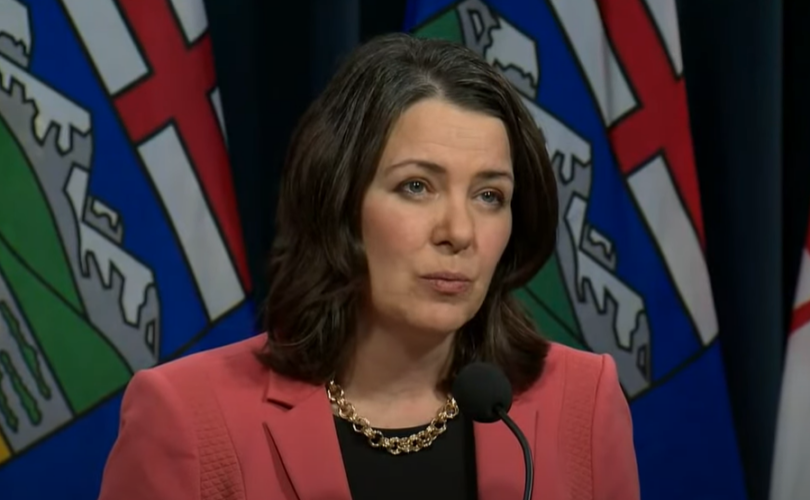
From the Fraser Institute
By Spencer Gudewill and Tegan Hill
Last November, Premier Danielle Smith announced that her government will give up to $1.8 billion in subsidies to Dow Chemicals, which plans to expand a petrochemical project northeast of Edmonton. In other words, $1.8 billion in corporate welfare.
And this is just one example of corporate welfare paid for by Albertans.
According to a recent study published by the Fraser Institute, from 2007 to 2021, the latest year of available data, the Alberta government spent $31.0 billion (inflation-adjusted) on subsidies (a.k.a. corporate welfare) to select firms and businesses, purportedly to help Albertans. And this number excludes other forms of government handouts such as loan guarantees, direct investment and regulatory or tax privileges for particular firms and industries. So the total cost of corporate welfare in Alberta is likely much higher.
Why should Albertans care?
First off, there’s little evidence that corporate welfare generates widespread economic growth or jobs. In fact, evidence suggests the contrary—that subsidies result in a net loss to the economy by shifting resources to less productive sectors or locations (what economists call the “substitution effect”) and/or by keeping businesses alive that are otherwise economically unviable (i.e. “zombie companies”). This misallocation of resources leads to a less efficient, less productive and less prosperous Alberta.
And there are other costs to corporate welfare.
For example, between 2007 and 2019 (the latest year of pre-COVID data), every year on average the Alberta government spent 35 cents (out of every dollar of business income tax revenue it collected) on corporate welfare. Given that workers bear the burden of more than half of any business income tax indirectly through lower wages, if the government reduced business income taxes rather than spend money on corporate welfare, workers could benefit.
Moreover, Premier Smith failed in last month’s provincial budget to provide promised personal income tax relief and create a lower tax bracket for incomes below $60,000 to provide $760 in annual savings for Albertans (on average). But in 2019, after adjusting for inflation, the Alberta government spent $2.4 billion on corporate welfare—equivalent to $1,034 per tax filer. Clearly, instead of subsidizing select businesses, the Smith government could have kept its promise to lower personal income taxes.
Finally, there’s the Heritage Fund, which the Alberta government created almost 50 years ago to save a share of the province’s resource wealth for the future.
In her 2024 budget, Premier Smith earmarked $2.0 billion for the Heritage Fund this fiscal year—almost the exact amount spent on corporate welfare each year (on average) between 2007 and 2019. Put another way, the Alberta government could save twice as much in the Heritage Fund in 2024/25 if it ended corporate welfare, which would help Premier Smith keep her promise to build up the Heritage Fund to between $250 billion and $400 billion by 2050.
By eliminating corporate welfare, the Smith government can create fiscal room to reduce personal and business income taxes, or save more in the Heritage Fund. Any of these options will benefit Albertans far more than wasteful billion-dollar subsidies to favoured firms.
Authors:
Alberta
Official statement from Premier Danielle Smith and Energy Minister Brian Jean on the start-up of the Trans Mountain Pipeline

-

 Opinion2 days ago
Opinion2 days agoClimate Murder? Media Picks Up Novel Legal Theory Suggesting Big Oil Is Homicidal
-

 Energy1 day ago
Energy1 day agoNet Zero’s days are numbered? Why Europeans are souring on the climate agenda
-
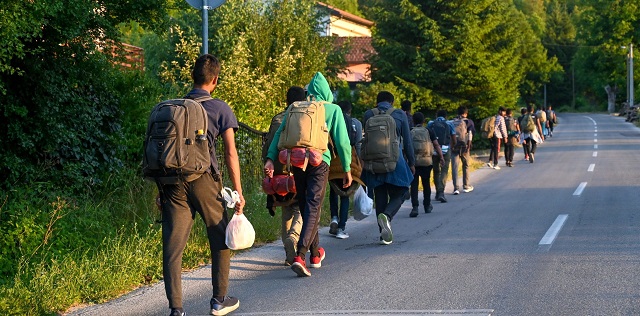
 illegal immigration7 hours ago
illegal immigration7 hours agoBiden’s DOJ Threatens To Sue Another State For Enforcing Immigration Law
-
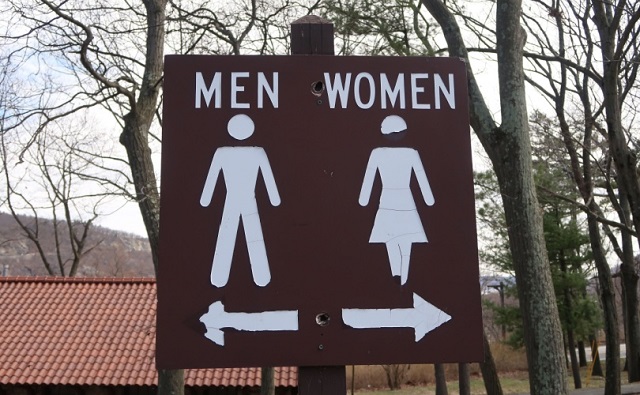
 Opinion1 day ago
Opinion1 day agoQuebec’s ban on gender-neutral bathrooms in schools is good news
-

 International17 hours ago
International17 hours agoTrump campaign says he will pardon Jan. 6 prisoners on ‘case-by-case basis’ if re-elected
-
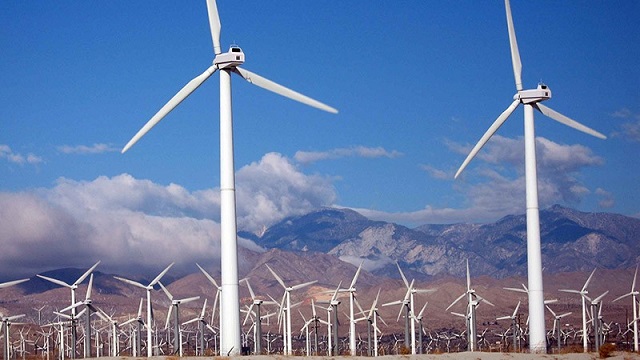
 Economy6 hours ago
Economy6 hours ago‘Gambling With The Grid’: New Data Highlights Achilles’ Heel Of One Of Biden’s Favorite Green Power Sources
-
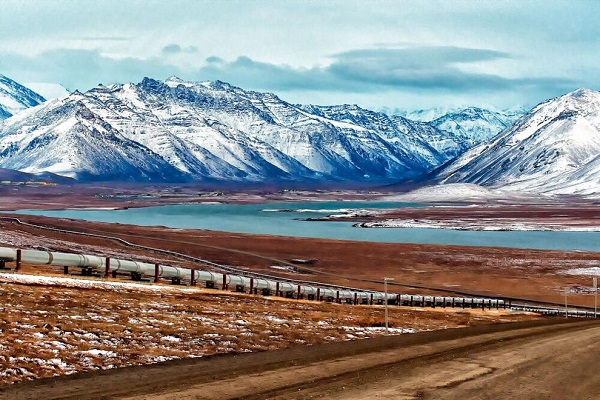
 Energy2 days ago
Energy2 days agoHouses passes bill to protect domestic oil production, protect Iñupiat community
-

 Energy1 day ago
Energy1 day agoBiden Has Taken More Than 200 Actions Against Domestic Oil, New Report Says






